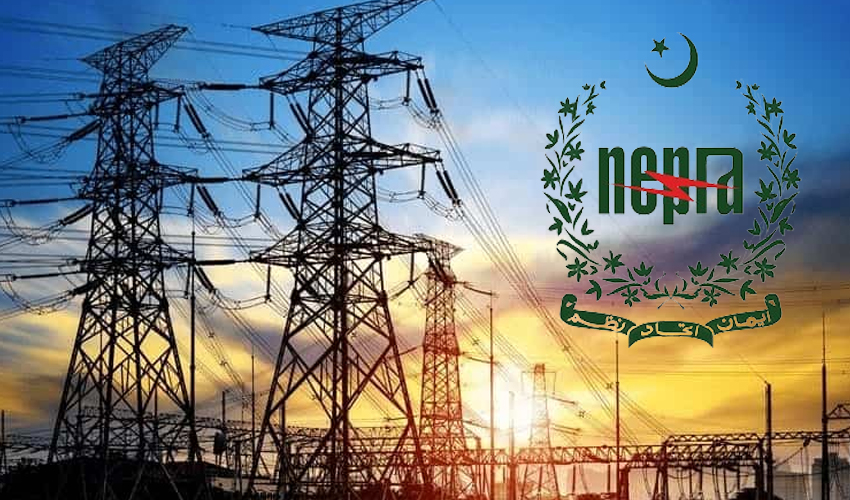The National Electric Power Regulatory Authority (NEPRA) has exposed significant mismanagement in Pakistan's power distribution sector, revealing alarming details about the escalating circular debt.
According to the State of Industry Report 2024, circular debt in the power sector reached a staggering Rs2,393 billion by June, driven primarily by inefficiencies in power distribution companies.
Key findings
-
Mounting Circular Debt
- Out of the total Rs2,393 billion, Rs900 billion is attributed to electricity defaulters.
- Transmission losses accounted for an additional Rs276 billion.
- Poor collection from consumers resulted in a Rs314 billion increase in circular debt.
-
Capacity Payments and Consumer Burden
Consumers bore the cost of mismanagement, paying Rs17 per unit as capacity payments. NEPRA reported that 66% of the country’s electricity generation capacity remained unutilised during the first 24 hours of 2023, adding to consumer costs. -
Transmission Losses and Subsidy Delays
Transmission losses exceeded 18% last year, while delayed government subsidies further affected the performance of power distribution companies. Both the federal government and Punjab province failed to release subsidies on time, exacerbating the crisis. -
Growth in Solar Energy
Despite the challenges, the report highlighted a surge in solar energy adoption, with the number of solar consumers increasing to 156,000 in 2024. The capacity of solar net metering reached 2,200MW, reflecting growing public interest in renewable energy. -
Electricity Generation Capacity
The total electricity generation capacity in Pakistan stands at 45,888MW. However, NEPRA noted that significant portions of this capacity remain underutilized, contributing to inefficiencies in the sector.
NEPRA has emphasized the urgent need to address irregularities in the power sector and reduce electricity prices. The authority stressed improving efficiency, tackling transmission losses, and ensuring timely subsidies to alleviate the burden on consumers.


























